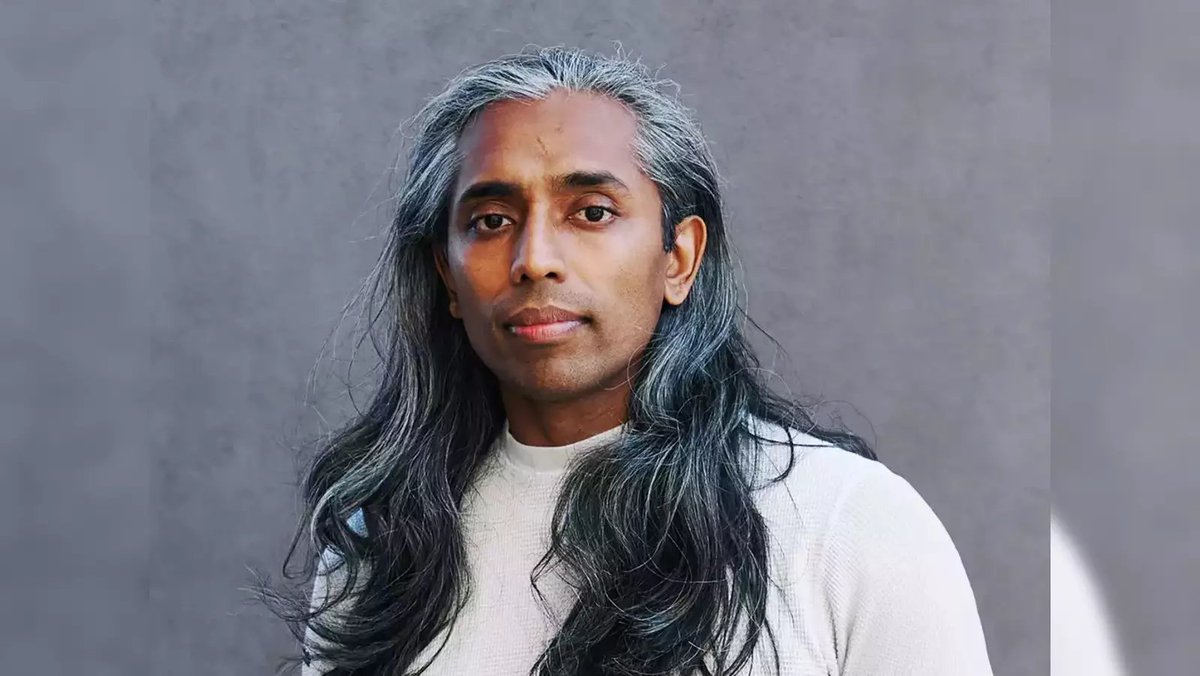APTOS FOUNDER MO SHAIKH APPOINTED BY CFTC TO JOIN DIGITAL ASSETS SUBCOMMITTEE
- The US Commodities Futures Trading Commission (CFTC) has officially added @AptosLabs founder Mo Shaikh to the Digital Assets Subcommittee.
- The subcommittee falls within the Global Markets Advisory Committee which was founded in 1998 and features a host of major executives from traditional financial firms.
- These committees provide the CFTC with advice on how best to regulate financial sectors, including international trade and business per DLNews.
- The Digital Assets Subcommittee itself is now made up of 34 members, hailing from major Web2 and Web3 firms such as Blackrock, Uniswap, Polygon and BNY Mellon.
- The CFTC’s decision to appoint @moshaikhs signals a rising trend across regulators looking to engage with cryptocurrency leaders to hone and refine effective regulation of the sector.
- It is also likely to be seen as a show of confidence from authorities in the future of the Aptos ecosystem itself - currently one of the fastest growing L1 networks in the industry.
Image: The Economic Times
- The US Commodities Futures Trading Commission (CFTC) has officially added @AptosLabs founder Mo Shaikh to the Digital Assets Subcommittee.
- The subcommittee falls within the Global Markets Advisory Committee which was founded in 1998 and features a host of major executives from traditional financial firms.
- These committees provide the CFTC with advice on how best to regulate financial sectors, including international trade and business per DLNews.
- The Digital Assets Subcommittee itself is now made up of 34 members, hailing from major Web2 and Web3 firms such as Blackrock, Uniswap, Polygon and BNY Mellon.
- The CFTC’s decision to appoint @moshaikhs signals a rising trend across regulators looking to engage with cryptocurrency leaders to hone and refine effective regulation of the sector.
- It is also likely to be seen as a show of confidence from authorities in the future of the Aptos ecosystem itself - currently one of the fastest growing L1 networks in the industry.
Image: The Economic Times

• • •
Missing some Tweet in this thread? You can try to
force a refresh








